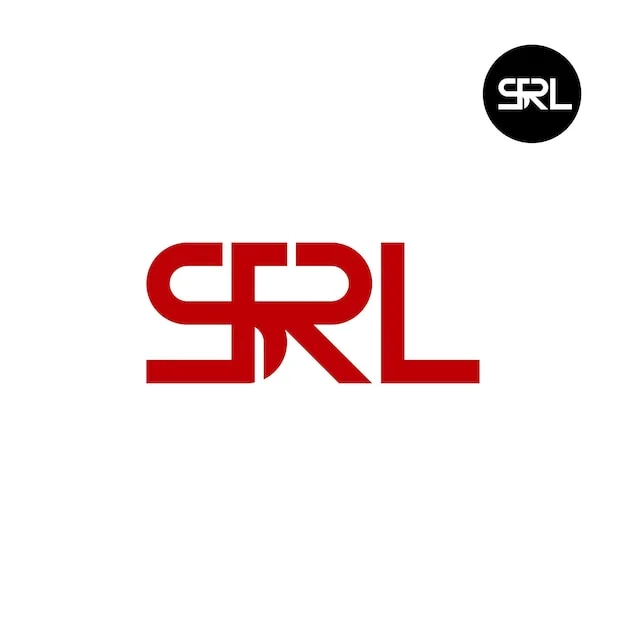 summary:
Google's SRL Breakthrough: Are We Witnessing the Dawn of Truly Intelligent AI?Okay, folks...
summary:
Google's SRL Breakthrough: Are We Witnessing the Dawn of Truly Intelligent AI?Okay, folks... Google's SRL Breakthrough: Are We Witnessing the Dawn of Truly Intelligent AI?
Okay, folks, buckle up. Because what Google Cloud and UCLA just dropped with their Supervised Reinforcement Learning (SRL) framework isn't just another incremental upgrade—it feels like a fundamental shift. We're talking about potentially unlocking a new level of reasoning in AI, and honestly, it’s the kind of news that makes you want to grab a whiteboard and start diagramming the future.
The core problem, as I see it, has always been this: how do you teach an AI to think, not just mimic? Current methods, like Reinforcement Learning with Verifiable Rewards (RLVR), are too "all-or-nothing." You either get the right answer, or you get nothing. It’s like trying to teach someone to ride a bike by only rewarding them when they cross the finish line of the Tour de France! Meanwhile, Supervised Fine-Tuning (SFT) often leads to overfitting—the AI just memorizes the training data instead of learning to generalize.
A Middle Ground: The SRL Revolution
SRL, though—this is where things get interesting. It's a "sequential decision-making process," a middle ground between pure outcome-based RL and pure imitation learning. It’s about teaching the AI to reproduce the key actions of expert reasoning. Think of it like teaching someone to cook, not by just giving them the final recipe, but by showing them the core techniques: how to sauté, how to braise, how to properly season.
Instead of just rewarding the AI for the final answer, SRL rewards it for each correct step along the way. It gives dense, fine-grained feedback, even if the overall solution isn't perfect. It's like having a tutor who corrects your form as you practice your golf swing, rather than just telling you whether the ball went in the hole—it’s about scaffolding the learning process, step by step.
And the results? They're staggering. According to the research, SRL significantly outperforms strong baselines in both math reasoning and agentic software engineering. In one experiment, an SRL-trained model achieved a 74% relative improvement over an SFT-based model in software engineering tasks. When I first read that, I honestly just sat back in my chair, speechless. This isn't just about incremental gains; it's about a potential quantum leap in AI capabilities.
What’s especially exciting is that SRL seems to encourage more flexible and sophisticated reasoning patterns in models. They start to exhibit interleaved planning and self-verification—essentially, they start to think more like humans. The AI is not just blindly following a script, it's actively evaluating its own reasoning process and adjusting its approach as needed.
I-Hung Hsu, a research scientist at Google and co-author of the paper, put it beautifully: "SRL captures the structured flexibility of real-world problem solving, where there are multiple valid strategies but also clear notions of what 'good reasoning' looks like at each step." This is crucial because it means SRL is well-suited for domains like data science automation or supply chain optimization—tasks that reward sound intermediate reasoning rather than just the final answer.
But, and this is a big but, with great power comes great responsibility. As we unlock increasingly sophisticated AI, we need to be acutely aware of the ethical implications. We need to ensure that these systems are used to augment human intelligence, not replace it. We need to build safeguards against bias and misuse. The potential benefits of SRL are immense, but we must proceed with caution and foresight.
And what does this mean for smaller, less-resourced companies? Hsu clarifies that SRL-trained models are more efficient in their reasoning. "The gains come from better reasoning quality and structure, not from verbosity," he said. "In terms of efficiency, SRL-trained models are roughly on par with the base model in token usage... while SRL isn’t designed to reduce inference cost, it achieves stronger reasoning performance without increasing it." Google’s new AI training method helps small models tackle complex reasoning
It's also worth noting that the paper's strongest results came from combining SRL with RLVR. The researchers found that using SRL as a pre-training step, followed by RLVR, resulted in a 3.7% average performance increase. This suggests that SRL can be used as a kind of "curriculum" for AI, teaching it to think step-by-step before refining those behaviors with outcome-based reinforcement learning.
I think we are witnessing the dawn of truly intelligent AI, and it's both exhilarating and a little bit terrifying. But if we approach this technology with wisdom and humility, I believe it has the potential to transform our world for the better.
A Glimpse Into the AI Mirror
This isn't just a new algorithm; it's a new way of seeing what AI could become. The future isn't just arriving; it's learning how to reason.

